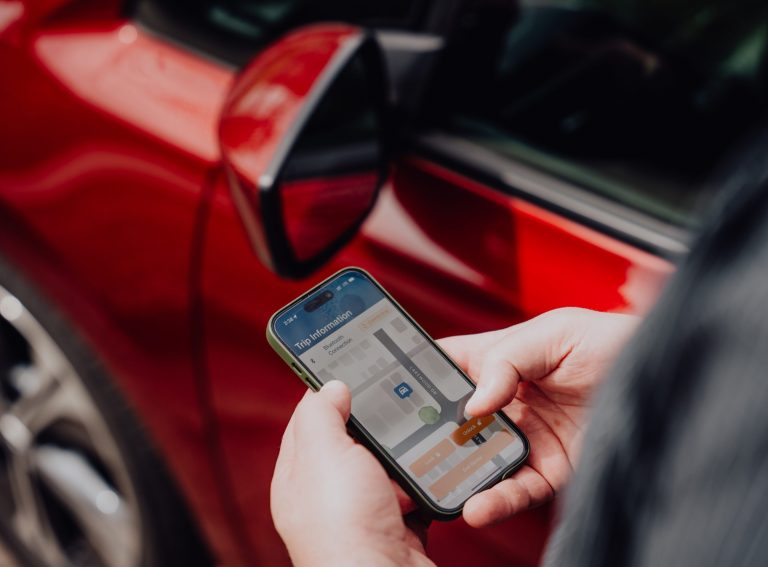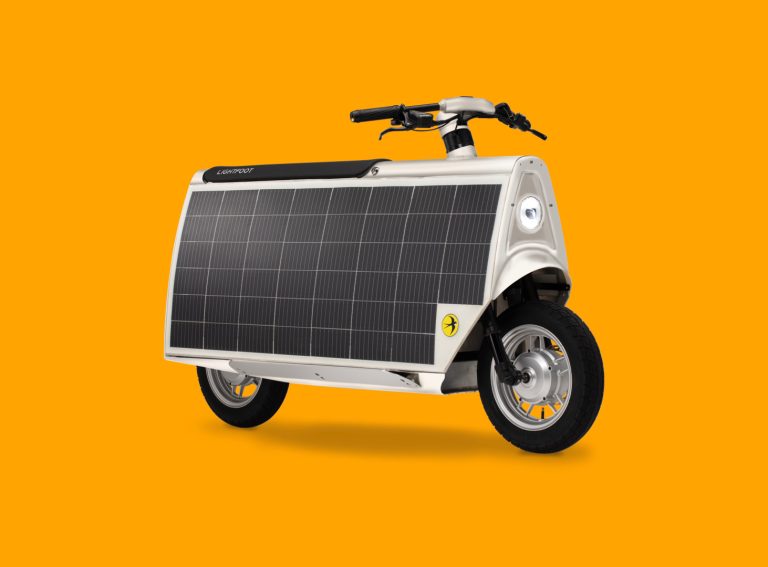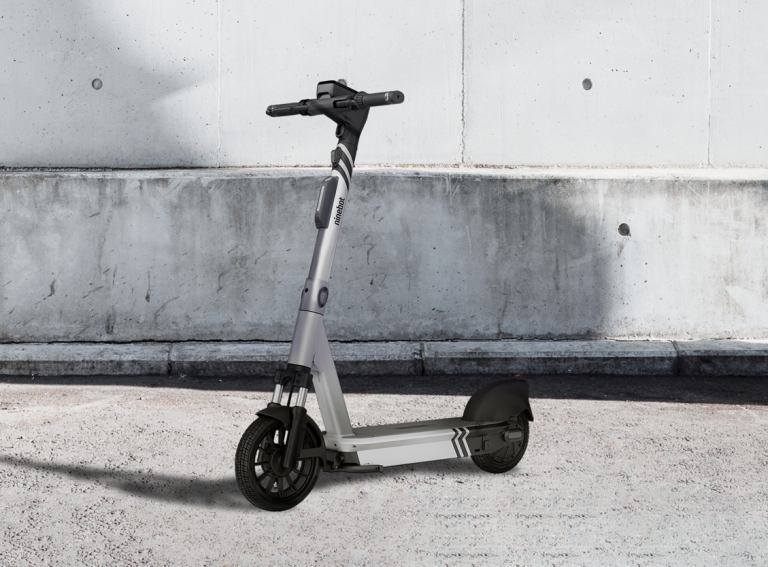Micromobility operator Ryde and Computer Vision firm Luna Systems are powering one of the first full-scale Advanced Rider Assistance Systems (ARAS) for shared e-scooters.
Ryde’s entire Oslo fleet of 2,700 e-scooters has been integrated with ARAS technology, while its fleet of 4,000 e-scooters in Brussels will also be integrated if the operator is successful in the ongoing tender application. Further roll out is planned for other cities in Norway in the New Year.
The tech consists of a camera and algorithm that is trained to enable intelligent deceleration of Ryde’s e-scooters in the event of certain scenarios, such as pavement riding, or if pedestrians are detected in the path of a vehicle.
“The algorithm is based on pictures from the camera,” Ryde’s CEO Tobias Balchen told Zag Daily. “With this we can incentivise, sanction or prohibit certain behaviours.
“We want to make micromobility an everyday transport option that makes people’s lives easier. Integrating this important safety technology will assist users in making good choices on where and how to ride, and ensure micromobility can better coexist with other transport groups.”
Ryde will also leverage Luna’s technology to improve its e-scooter parking capabilities and support the transition to dedicated bays.
“It recognises the layout of the bay, and once the customer has taken it into the bay, then the ride can end,” added Tobias.
With 10,000 e-scooters currently operating across Norway, other Norwegian cities will see the introduction of the technology though to a lesser extent than Oslo.
CEO of Luna Systems Andrew Fleury told Zag: “Through our global deployments, we have developed an extremely clear understanding of where we can provide the most value to operators and cities through safer rider experiences.
“We see ARAS playing a greater role across many light electric vehicle segments now and are proud that we can go on this journey with Ryde.”



